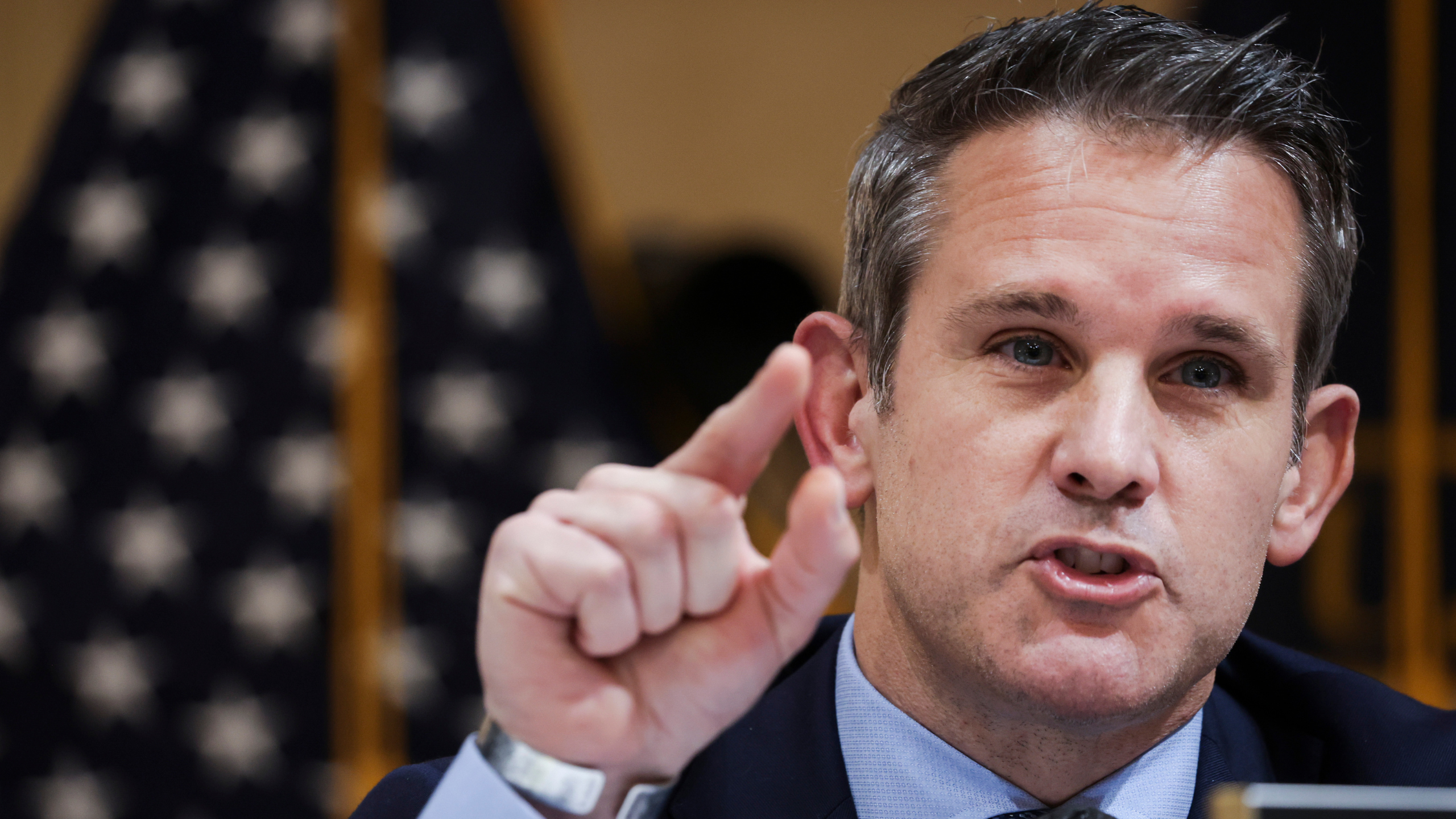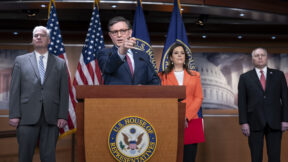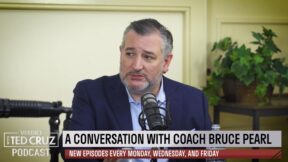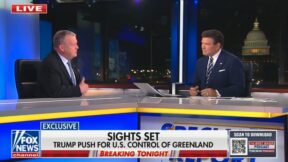Adam Kinzinger Declares Jan. 6 Witnesses Pleading the 5th ‘Says a Lot’

Alex Wong/Getty Images
Outgoing Illinois congressman Adam Kinzinger, one of two Republican members of the Select Committee on January 6th, suggested that an individual’s choice to exercise his Fifth Amendment right not to incriminate himself implied wrongdoing in a tweet fired off on Thursday night.
“Quick reminder: pleading the 5th is because you don’t want to incriminate yourself,” said Kinzinger. “We respect the 5th amendment, but pleading the 5th says a lot.”
Quick reminder: pleading the 5th is because you don’t want to incriminate yourself. We respect the 5th amendment, but pleading the 5th says a lot
— Adam Kinzinger #fella (@AdamKinzinger) December 23, 2022
The Fifth Amendment protects Americans from being “compelled in any criminal case to be a witness against” themselves. As a result, witnesses who invoke their Fifth Amendment rights on the stand are oftentimes assumed by outside observers to be guilty even though prosecutors are expressly forbidden from arguing that such an invocation should be suggestive of guilt in criminal cases.
They are so forbidden because there is reason for an innocent witness to make use of this constitutional protection. As David French explained during the height of the Trump-Russia investigation, the greatest threat to the freedom of the target of a federal investigation is oftentimes not the underlying crime, but so-called process crimes such as perjury, or lying to an FBI agent, over the course of an investigation.
Cooperation with prosecutors intent on securing a conviction can send even innocent parties, who might easily get tripped up by leading questions. That’s why lawyers on the right (French) and left (the ACLU) are strongly supportive of the right against self-incrimination and urge others not to take its invocation as a sign of guilt.
In civil cases, which various figures involved in or responsible for the attack on the Capitol are embroiled in, adverse invocations of the Fifth Amendment may be drawn on by the judge or jury. But while plaintiffs may reserve the right to use silence against defendants, it isn’t the clear-cut evidence of wrongdoing that Kinzinger presents it as.
As defense lawyer Scott Greenfield pointed out, “if the exercise of a constitutional right is, itself, damning, then there is no constitutional right.”
“This is no less true when you despise the person exercising the right than when you don’t,” he continued.
Plaintiffs should feel free to use defendants’ invocations of their Fifth Amendment rights as they see fit within the bounds of the law. As a congressman, however, Kinzinger should refrain from using an illiberal myth as a political cudgel.
This is an opinion piece. The views expressed in this article are those of just the author.





Comments
↓ Scroll down for comments ↓